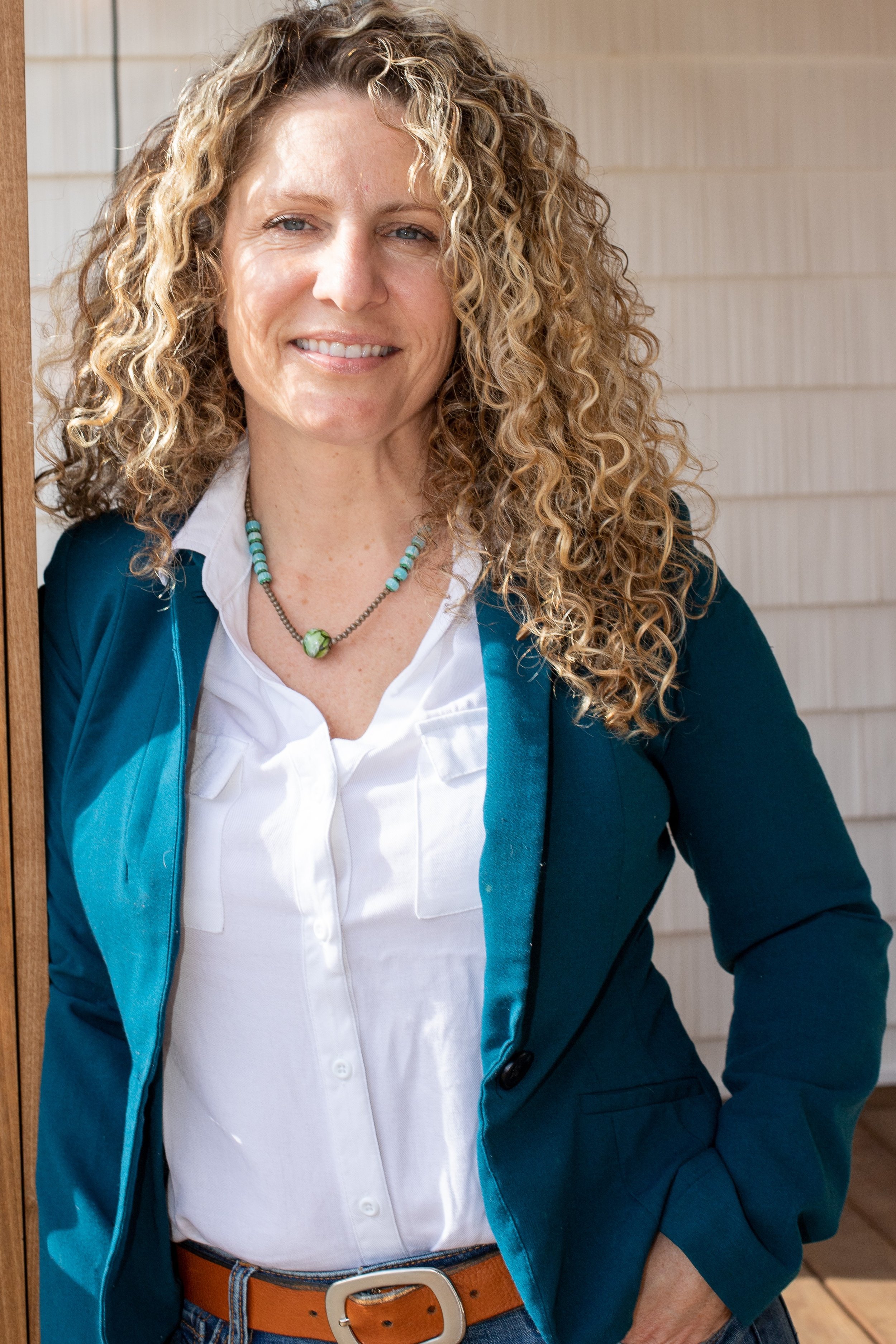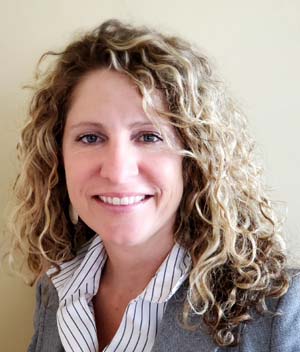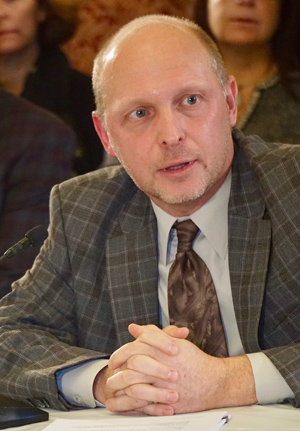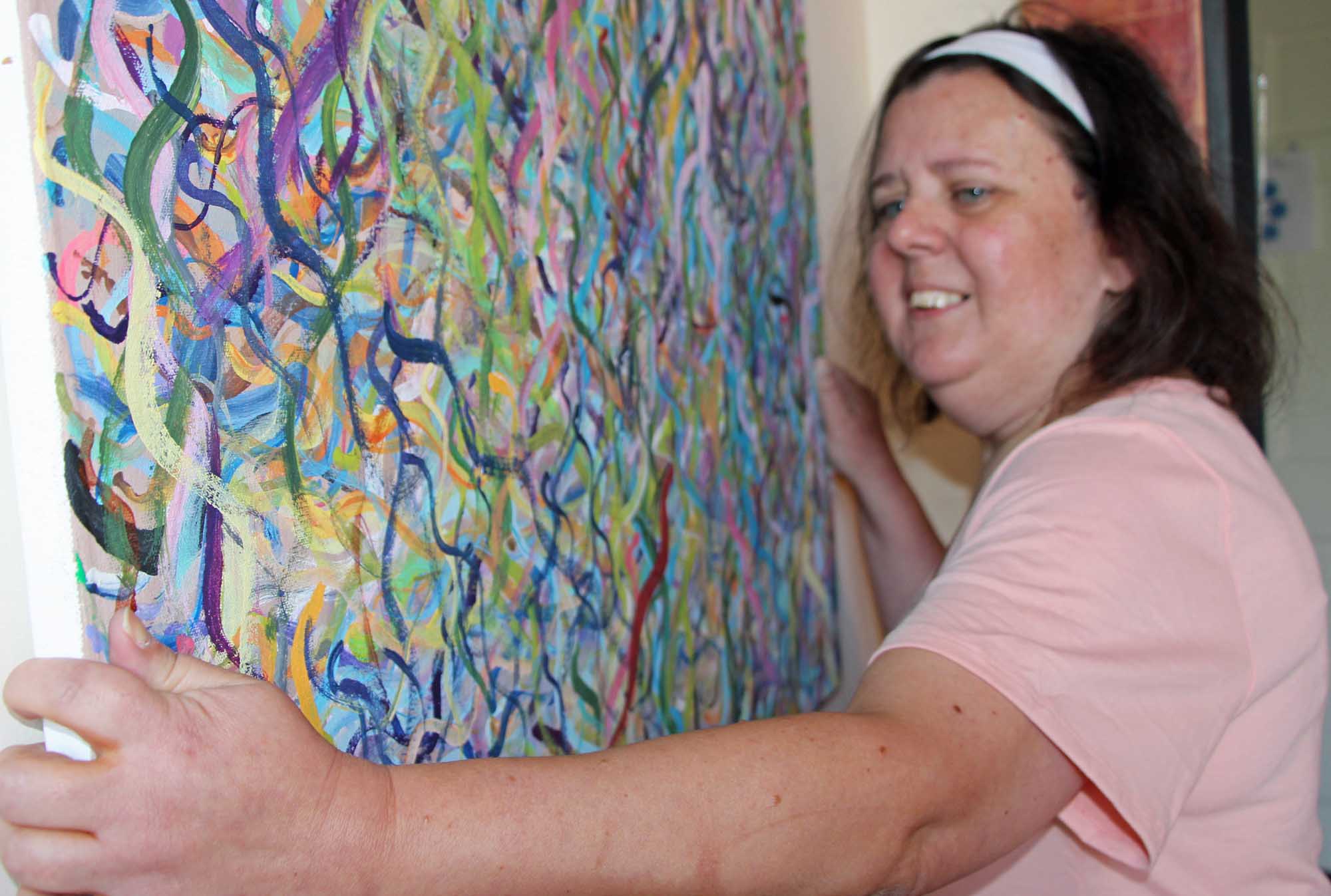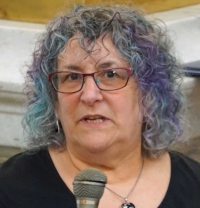In human terms, Raimondo’s plan to cut $21.4 million from current spending levels would diminish the quality of life for some 4,000 individuals whose care is already undercut by low wages and high turnover among caregivers, said Pam Goes of Warwick, who has two sons with developmental disabilities, including one who cannot express his needs verbally.
Goes delivered the same message at a “Day of Action” in commemoration of March as Developmental Disability Awareness Month under the State House Rotunda in mid-afternoon as scores of adults with disabilities and their supporters lined the steps leading to the House and Senate.
State Sen. Louis DiPalma, D-Middletown, told the crowd that “people with developmental disabilities have the ability to lead a full and prosperous life. That’s why I’m here.'
Rep. Teresa Tanzi, D-Narraganset and South Kingstown, said that for the compassionate work they do, the wages of direct care workers are an “injustice.”
Tanzi, who chairs the Human Services Subcommitte of the House Finance Committee, presided over the budget hearing later in the afternoon.
Of the overall $21.4 million reduction from current spending levels in the next fiscal year, $18.4 million would come from private the agencies that provide most of the services and $3 million would be taken from a state-operated system of group homes.
Martin, executive director of the Community Provider Network of Rhode Island (CPNRI), did not mince words when she addressed Tanzi and other members of the House Finance Subcommittee.
She said “there is no way” that service providers will be able continue efforts to comply with new federal Medicaid regulations requiring integrated, community-based services and a 2014 federal consent decree that focuses on competitive employment for adults with developmental disabilities.
Needed Changes Are "Not Going To Happen"
Compliance with the 2014 consent decree and the new Medicaid regulations, called the Home and Community Based Final Rule, depends on system-wide changes in the manner of care, and “that’s not going to happen” with an $18 million cut to private service providers, Martin said.
Instead, there will be a “tremendous reduction” in services, she said, with agencies forced to prioritize the health and safety individuals in their care. Employment –related services and the services necessary to provide community integration will suffer if the agencies must absorb an $18 million, Martin said. Workers’ hours and wages – which hover slightly above minimum wage – would be cut.
David Reiss, CEO of the Fogarty Center, the largest non-profit service provider in the state, said the agency simply cannot survive if the state imposes the $18.4 million reduction across the board. It represents about a 7 percent cut in spending.
Reiss said he has closed five group homes in the past year, not because of a lack of demand but because he couldn’t find enough workers to staff them. Staff turnover is about 40 percent, he said.
The starting wage at the Fogarty Center is $10.50 an hour, he said. Although the General Assembly has raised the pay for direct care workers slightly in the past two years, the minimum wage also has increased. It is now $10.10 and is scheduled to go up again next January to $10.50 an hour. Massachusetts has an $11.00 minimum wage and has agreed to pay direct care workers a minimum of $15 an hour beginning in July.
Raimondo’s budget includes no money for raising the wages of direct care workers this year, although a bill in the legislature would link increases in the minimum wage to raises for front-line staff, according to Martin, the CPNRI director.
High Staff Turnover Worries Parents
Pam Goes, the Warwick mother, discussed the impact of the high staff turnover on her non-verbal son.
“We feel like we are constantly starting over,” she said. Her son Paul needs to trust his caregiver, and that trust comes only with time and continuity of high quality care.
“It’s a difficult job for them to be on top of his moods ,” she said. “You need to get to know him,” she said. Paul will often test new staff to see how much he can get away with, she said, and he can become aggressive.
“I worry that there are so many people in and out of his life,” she said. “I worry that his communication is so limited. I especially worry about what happens when I’m gone,” she said.
“I want to advocate for a sustainable system where people live a good life,” she said. “It’s a lot of stress knowing the situation could become more untenable.”
About four thousand people receive services, she said, and “every family has a story like mine.”
Tom Kane, the CEO of AccessPoint Rhode Island, said Goes reminded him of the best compliment his agency ever received: “The work you did for our son allowed us to be the family we wanted to be."
A Call For More Funding
The budget is “about priorities. It’s about morality, and it’s about people” he said. “It should be about people.”
Kane called on the legislators to approve a proposed $15.3 million budget increase to cover cost overruns in the current fiscal year, as Raimondo has proposed, and then to add another $15 million in the budget cycle beginning July 1 to deal with a structural deficit and allow some growth.
Raimondo’s budget proposal does not acknowledge the structural deficit, he said. Instead her plan only temporarily grants additional funding, only to take it away in the next fiscal year.
The General Assembly approved total spending of $256.9 million for the current fiscal year. Raiimondo’s proposal would increase that figure to to $272.2 million. But in the fiscal year beginning July 1, her bottom line would drop to $250.8 million. That figure is $6.1 million less than the enacted budget and $21.4 million less than the temporary budget expansion Raimondo has proposed through June 30.
Kane presented figures which showed Rhode Island spends significantly less on adults with developmental disabilities than neighboring Massachusetts and Rhode Island.
The State of the States in Developmental Disabilities, a research project sponsored by the University of Colorado, tracks residential costs for adults with intellectual challenges. In 2015, the latest year for which data is available, the national average for residents of institutions with 16 or more beds was $256, 400 per person.
- Massachusetts spent $287,434 per person
- Connecticut spent $403,496
- Rhode Island spent nothing in that category. All those who would be in institutions in Massachusetts or Connecticut live in group homes in Rhode Island, Kane pointed out.
The average cost for group homes with six or fewer residents nationwide was $129,233 in 2015, according to the State of the States.
- Massachusetts spent $170,682 per person
- Connecticut spent $172,067 per person
- Rhode Island spent $114,973 per person
Kane said the average per-person cost in Rhode Island is skewed upward by the state-operated system of group homes. According to the House Fiscal Office, the average per-capita cost for 139 residents of the state operated system is $207,251.
In the privately-operated group homes, however, the state spends about $60,000 a year per person, Kane said. Roughly 1200 individuals live in houses run by private agencies like Access Point RI and the Fogarty Center.
Controversy Continues over Assessment
Kane turned to a discussion of the Supports Intensity Scale, a controversial assessment methodology that uses lengthy interviews to determine the level of services needed by persons with developmental disabilities on a case-by-case basis. It was introduced in 2011, ostensibly to correct “special considerations” for individual clients that state officials said posed a problem because they were driving up costs, Kane said.
Ironically, he said, the assessment has prompted many more appeals of individual funding than the number of “special considerations” that had been granted previously.
Some people see the assessment as a problem since it was revised in November, 2016, because it has it has led to larger awards, Kane said. A House fiscal analysis says the new assessment has added $17 million to developmental disability costs in the first 12 months it was used.
Kane said service providers believe that the results of the original assessment were “manipulated to back into a budget that didn’t accurately reflect the needs of people.”
The revised assessment, the Supports Intensity Scale – A, is being used “far more appropriately now,” he said.
The House Fiscal Advisor, Linda Haley, noted a “moratorium” in the use of the SIS-A. The director of the agency responsible for developmental disabilities, Rebecca Boss, explained that it was temporary, to allow officials to review their implementation of the revised assessment.
A total of 46 errors in funding were corrected (see related article) and the Department of Behavioral Healthcare, Developmental Disabilities and Hospitals continues to use the assessment for new entrants and for regularly-scheduled re-evaluations of clients. Boss said.
If an appeal includes documentation of changes in a person’s medical or behavioral needs that are likely to be long term, perhaps as part of the aging process, a client will receive a re-assessment with the SIS-A ahead of schedule, added Kerri Zanchi, Director of the Division of Developmental Disabilities.
Kevin Nerney, a spokesman for the Rhode Island Developmental Disabilities Council, discussed several initiatives that are intended to both improve services in compliance with federal law and cut costs over the long term.
But Rhode Island is not there yet, he said.
“We don’t want to destroy one system (of services) before creating a new one,” Nerney said. “We don’t want to leave people behind based on an arbitrary fiscal goal rather than the needs of people.”
He said he knows that some eligible individuals are unable to find services that fit their needs, alluding to an increase in the number of individuals who are receiving only case management during the last couple of years. That figure jumped from 451 in 2016 to 643 this year.
“On paper, it may look like savings” for the state, Nerney said, but some of those families “are in crisis.”
